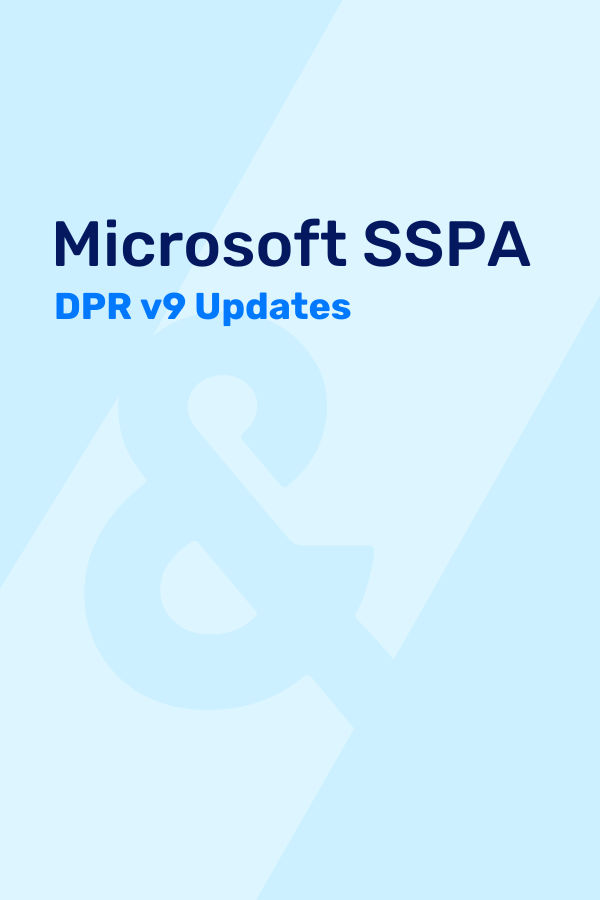Economic growth and tax reform continued to fuel M&A activity in 2018. Despite some market volatility and politically driven headwinds, we expect M&A activity to continue at a torrid pace in 2019 as buyers seek to supplement organic growth with acquisitions.
Given the continued strength of the M&A markets, many ESOP-owned companies may be on the receiving end of an unsolicited offer. A strategic buyer, including larger companies in the same industry and direct competitors, may be interested in taking the next step in their growth plans by acquiring your business. Private equity firms may be interested in making an investment in your market, with your company being the first of its kind in their portfolio (a “Platform” acquisition) or a “Bolt-On” acquisition to compliment one of their other holding companies.
ESOP Offer Considerations
Selling your ESOP company may not have been on your radar, but there may be one or more reasons to at least consider the offer.
- Maximizing Value – The offer may be very attractive and could provide a higher nominal return to the ESOP participants than continuing to operate the business independently.
- Liquidity Needs – A company that is highly levered may have future issues repaying its debt. ESOP companies often have notes payable to former selling shareholders dating back to the initial ESOP transaction. Mature ESOP companies may also have high repurchase obligations. If the company is unable to re-pay debt from operating cash flows, a sale may be something to consider.
- Changing Risk Profile – In an ever-changing economic environment, your company’s risk profile may have changed. A strategic partner may have competitive advantages that would be beneficial to your stakeholders.
After receiving an unsolicited offer, an ESOP company has several options: ignore it, respond directly to the buyer and begin a dialogue, or hire an investment banker to run a process to gather competitive offers.
Understanding What Constitutes a Bona Fide Offer
As ESOP fiduciaries, board members and trustees are required to take bona fide offers seriously; however, knowing what constitutes a “bona fide” offer can be tricky. Although ambiguous, a bona fide offer is an offer made in good faith by a buyer who has the funds to make the acquisition. There isn’t a magic formula to determine if an offer is bona fide, so it is helpful for your Board of Directors to establish a reasonable and consistent review process. The review process should be communicated with the executive management team, as an executive may receive an offer directly without the Board’s knowledge. After an offer is received, the Board should document the steps it took to review the offer and the rationale behind the decision to consider selling the ESOP shares or not.
If you decide to consider the offer, the buyer will want to perform its due diligence on your company. Adhere to these tips:
- Always make sure the buyer signs a confidentiality or non-disclosure agreement (NDA) to protect any data you share.
- In the early stages, it is appropriate to limit the data you share to only recent financial statements and high-level discussions of customers or contracts.
- Never share your prior ESOP valuation reports or stock price.
- If the buyer is a competitor, additional precautions should be taken to protect your business interests in the event the deal does not move forward.
- It may be helpful to consult an investment banker and/or legal counsel if a buyer’s request sounds invasive or unnecessary in the early stages.
Assessing the Buyer
While evaluating an offer, it is important to learn more about the buyer. Do not hesitate to request high-level financial information from the buyer to ensure that the buyer is financially sound and transparent. Cultural information, such as employee benefit summaries and insight from management on how previous acquisitions were integrated into the company, will also be helpful in deciding to move forward or not. Executives from both companies should meet face-to-face to discuss business strategies, visions, and goals, and evaluate company culture. Just because an offer seems good on paper or has a high purchase price doesn’t mean you are required to sell. Cultural incompatibility, different strategic goals, and mistrust between parties are defendable reasons to reject an offer.
Receiving an Offer
If you’ve received an offer you’d like to move forward with, it is important for an ESOP company to consult the ESOP trustee before signing a letter of intent (LOI). An LOI provides the buyer with exclusivity for a period of time, imposes a confidentiality obligation on the buyer, and outlines important terms, such as purchase price, financing, target working capital, acquisition structure, role of management, and future employee benefits. Agreeing to any of these terms before your ESOP trustee and his or her financial advisor perform their diligence could be detrimental to a deal. Your ESOP trustee may also want to discuss whether a broader outreach process should be conducted to help ensure the shareholders receive the highest possible value in a transaction.
There are nuances to selling employee-owned companies, an experienced ESOP investment banker or attorney that specializes in ESOPs can offer resolute guidance and help you successfully navigate the unsolicited offer.






